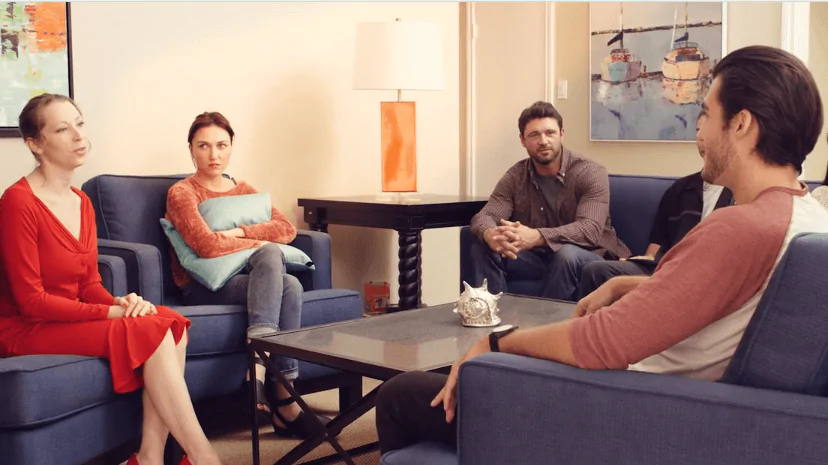24/7 Helpline:
(866) 899-221924/7 Helpline:
(866) 899-2219
Learn more about Dual Diagnosis Rehab centers in Oakley

Other Insurance Options

BlueCross

Choice Care Network

Private insurance

Covered California

Providence

BlueShield

WellPoint

Ambetter

Magellan

State Farm

Access to Recovery (ATR) Voucher

CareSource

United Health Care

Medical Mutual of Ohio

Oxford

Carleon

Excellus

Multiplan

Anthem

ComPsych

Region V Mental Health Services
Region V Mental Health Services is a public rehab located in Burley, Idaho. Region V Mental Health S...

Preferred Child And Family Services
Preferred Child And Family Services is a private rehab located in Burley, Idaho. Preferred Child And...

Pro Active Advantage
Pro Active Advantage is a private rehab located in Burley, Idaho. Pro Active Advantage specializes i...








Pathways – Burley
Pathways – Burley is a private rehab located in Burley, Idaho. Pathways – Burley specializes in the ...

A+ Solutions
A+ Solutions is a private rehab located in Burley, Idaho. A+ Solutions specializes in the treatment ...

Paradise Creek Recovery Center
Paradise Creek Recovery Center is a private rehab located in Malta, Idaho. Paradise Creek Recovery C...

Options Counseling
Options Counseling is a private rehab located in Burley, Idaho. Options Counseling specializes in th...























